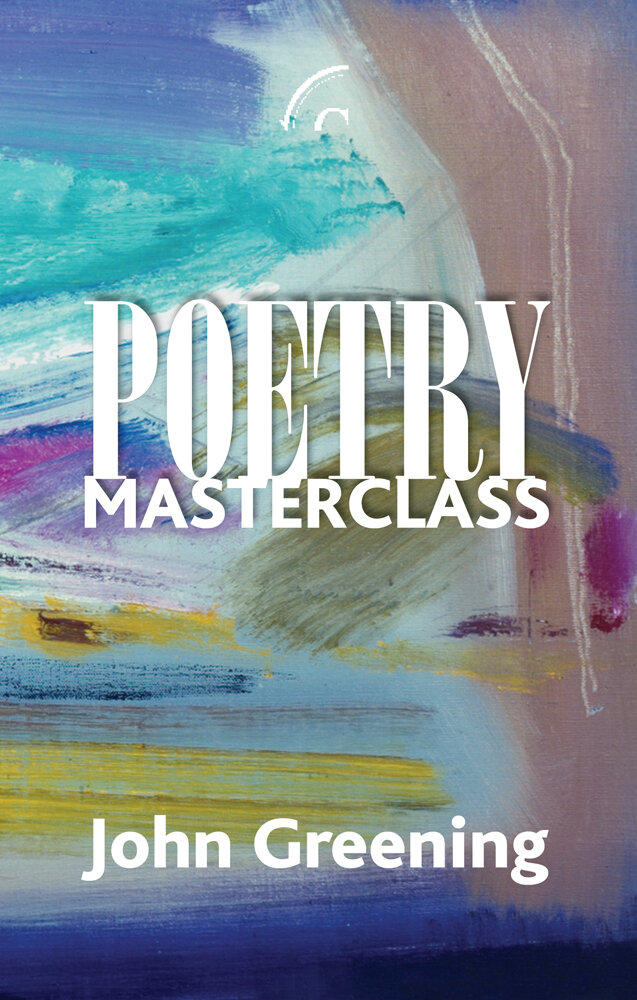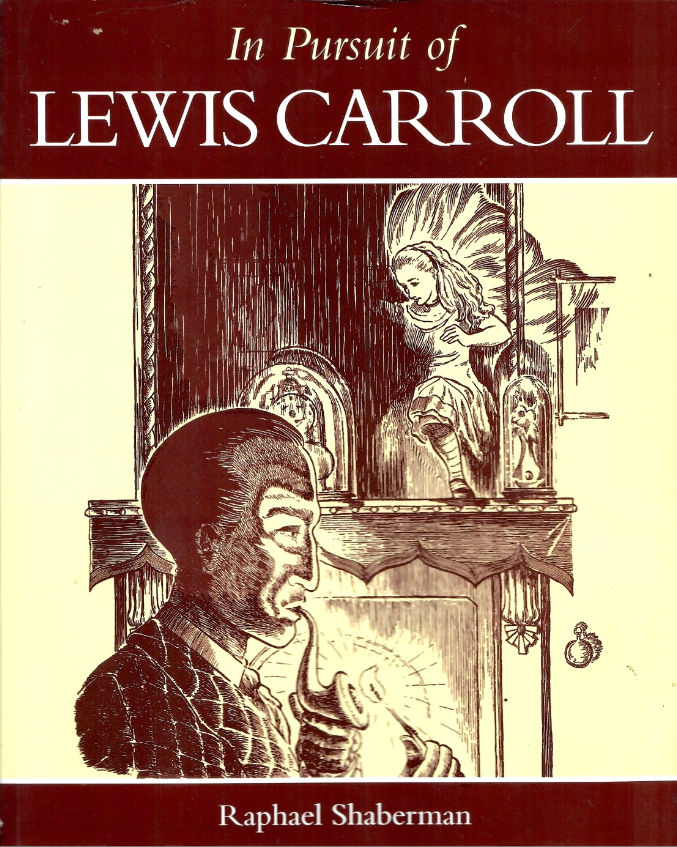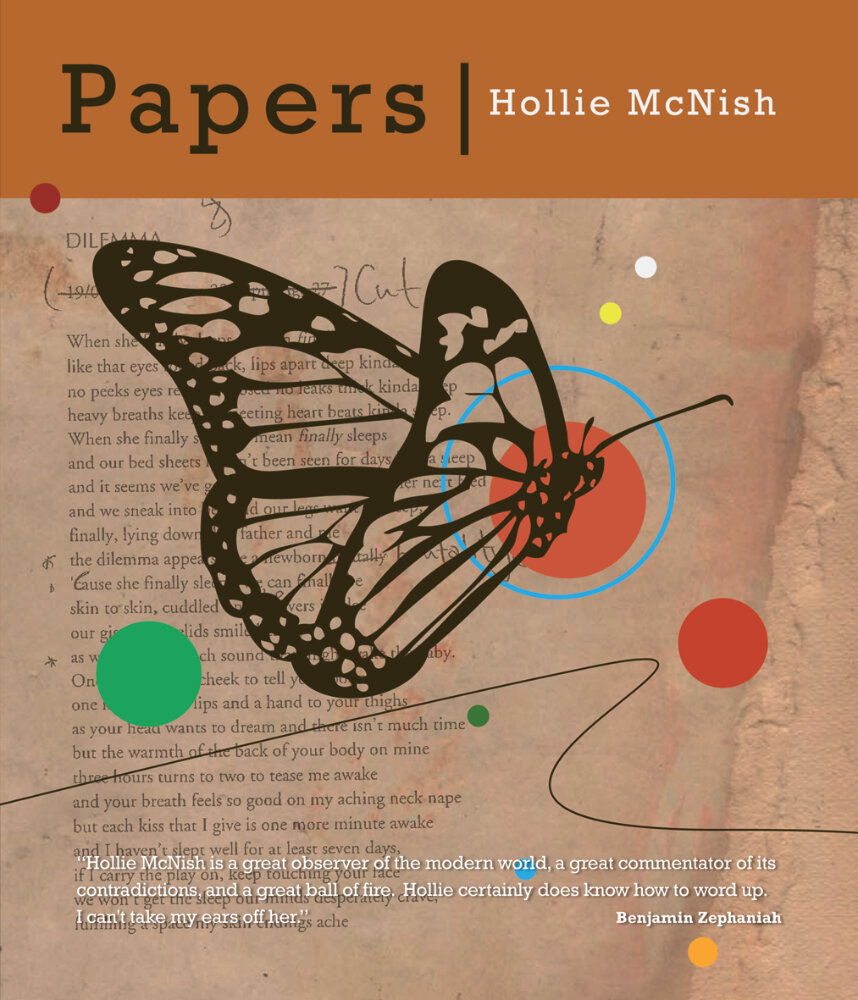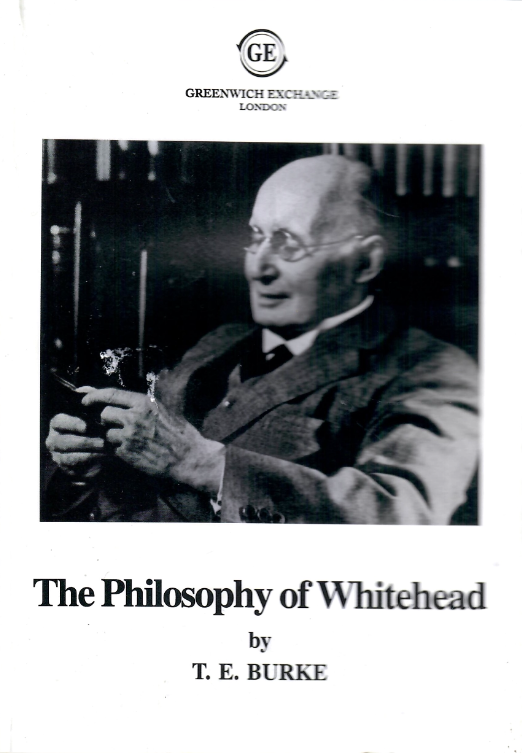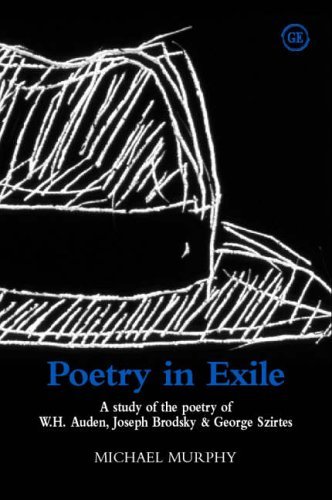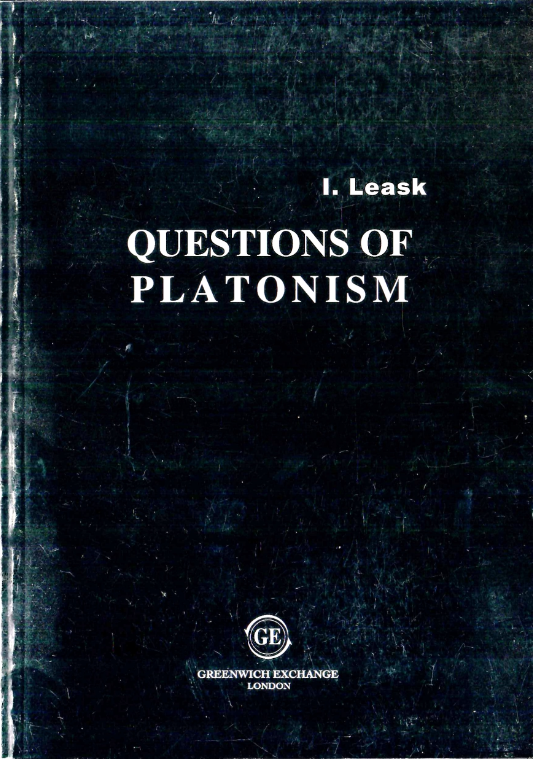 Image 1 of 1
Image 1 of 1


Questions of Platonism
"Cogent and original, conducted with exemplary clarity and critically interconnected in a persuasive fashion... the challenge to both Hegelian and Heideggerian readings of Platonism is credibly established and bravely prosecuted."
Richard Kearney, University College, Dublin & Boston College
"An exceptionally well-structured and clearly written treatment of an exceptionally important, ambitious and difficult subject. The commitment to a challengingly wide range of research in the history of philosophy is amply justified by the success of its execution... An exemplary study of ancient and of German Idealist philosophers, reaching well-substantiated conclusions about a range of subjects involved in the claim of 'Platonism'... lan Leask has acknowledged his debt to many workers in the field, but he has made their contributions fully his own, and has gone to the widest frames of reference to achieve a fully unified - but not 'totalising' - understanding of some of the deepest questions of philosophy."
James Daly, the Queen's University of Belfast
In a daring challenge to contemporary orthodoxy, lan Leask subverts both Hegel and Heidegger by arguing for a radical re-evaluation of Platonism. Thus, while he traces a profoundly Platonic continuity between ancient Athens and 19th century Germany, the nature of this Platonism, he suggests, is neither 'totalizing nor Hegelian but, instead, open-ended "incomplete' and oriented towards a divine goal beyond logos or any metaphysical structure. Such a re-evaluation exposes the deep anti-Platonism of Hegel's absolutizing of volitional subjectivity: it also confirms Schelling as true modern heir to the 'constitutive incompletion' of Plato and Plotinus:
By providing a more nuanced approach - refusing to accept either Hegel's self-serving account of 'Platonism' or the (equally totalizing) post-Heideggerian inversion of this narrative - Leask demonstrates the continued relevance of a genuine, 'finite' Platonic quest.
lan Leask teaches in the Department of Scholastic Philosophy at the Queen's University of Belfast.
ISBN 1-871551-32-3
"Cogent and original, conducted with exemplary clarity and critically interconnected in a persuasive fashion... the challenge to both Hegelian and Heideggerian readings of Platonism is credibly established and bravely prosecuted."
Richard Kearney, University College, Dublin & Boston College
"An exceptionally well-structured and clearly written treatment of an exceptionally important, ambitious and difficult subject. The commitment to a challengingly wide range of research in the history of philosophy is amply justified by the success of its execution... An exemplary study of ancient and of German Idealist philosophers, reaching well-substantiated conclusions about a range of subjects involved in the claim of 'Platonism'... lan Leask has acknowledged his debt to many workers in the field, but he has made their contributions fully his own, and has gone to the widest frames of reference to achieve a fully unified - but not 'totalising' - understanding of some of the deepest questions of philosophy."
James Daly, the Queen's University of Belfast
In a daring challenge to contemporary orthodoxy, lan Leask subverts both Hegel and Heidegger by arguing for a radical re-evaluation of Platonism. Thus, while he traces a profoundly Platonic continuity between ancient Athens and 19th century Germany, the nature of this Platonism, he suggests, is neither 'totalizing nor Hegelian but, instead, open-ended "incomplete' and oriented towards a divine goal beyond logos or any metaphysical structure. Such a re-evaluation exposes the deep anti-Platonism of Hegel's absolutizing of volitional subjectivity: it also confirms Schelling as true modern heir to the 'constitutive incompletion' of Plato and Plotinus:
By providing a more nuanced approach - refusing to accept either Hegel's self-serving account of 'Platonism' or the (equally totalizing) post-Heideggerian inversion of this narrative - Leask demonstrates the continued relevance of a genuine, 'finite' Platonic quest.
lan Leask teaches in the Department of Scholastic Philosophy at the Queen's University of Belfast.
ISBN 1-871551-32-3


